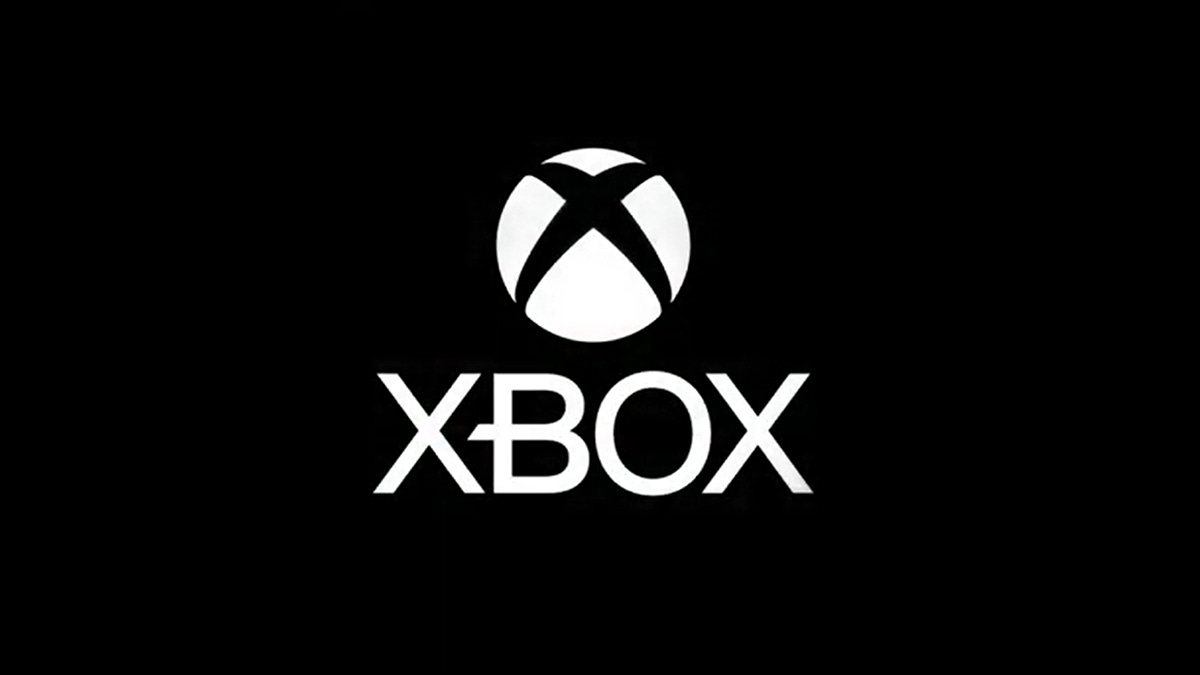Trending
Opinion: How will Project 2025 impact game developers?
The Heritage Foundation's manifesto for the possible next administration could do great harm to many, including large portions of the game development community.
In case it weren't clear already, both Microsoft and Activision Blizzard really want this acquisition to go through.

Weeks after the FTC filed a lawsuit in the hopes of blocking Microsoft's merger of Activision Blizzard, both game companies have released their own individual statements against the US regulator.
In Microsoft and Activision Blizzard's statements, the respective makers of Xbox and Call of Duty take particular umbrage with the FTC's (and other regulators') claims of the acquisition minimizing competition in the game industry, and that Microsoft would isolate any of the publisher's games to strictly its ecosystem.
Microsoft argues that it wouldn't withhold any of Activision Blizzard's franchises (and Call of Duty more specifically), primarily because there's no financial reason to do so.
"The acquisition of a single game by the third-place console manufacturer cannot upend a highly competitive industry, particularly so when the manufacturer has made clear it will not withhold the game," wrote Microsoft. "The fact that Xbox’s dominant competitor has thus far refused to accept Xbox’s proposal does not justify blocking a transaction that will benefit consumers."
After the FTC filed its suit, the European Commission pointed out that the FTC's claims of Microsoft withholding future Bethesda titles Starfield and Redfall as Xbox exclusives was untrue. Microsoft made a similar retort in its response, saying those two games had "no relevance to the current transaction."
In that same paragraph, Microsoft confirms that three unnamed Bethesda games, "all of which are designed to be played primarily alone or in small groups," will be Xbox and PC exclusive. That third and final game may end up being The Elder Scrolls VI.
On a similar, albeit more dramatic track, Activision Blizzard wrote that the FTC "has not only lost sight of the realities of the intensely competitive gaming industry, but also the guiding principles of our nation's antitrust laws."
Activision Blizzard continued, saying that by being a part of Microsoft, its titles would come to Xbox Game Pass. By extension, those games would allow for more audiences to be introduced to the publisher's stable of games, which includes the recently released Overwatch 2 and Call of Duty: Modern Warfare II, and June 2023's Diablo IV.
Further, the publisher argued that via its King Mobile division, it could "also enable the acceleration of Xbox's nearly non-existent mobile gaming business, which would enhance competition in the fastest growing segment of gaming."
Microsoft president Brad Smith said in a statement that the company would "remain committed to creative solutions with regulators" to ensure the acquisition would go through. At this time, the concessions have consisted of pledging to keep Call of Duty multiplatform for a decade; Nintendo and Valve have accepted this deal, but Sony has not, at time of writing.
As Axios' Stephen Totilo notes, the FTC's lawsuit will go to trial on August 2, 2023, a month after Microsoft's pledge to acquire Activision Blizzard will expire. It's been previously reported that the acquisition is expected to complete by the end of June 2023.
However, in its closing statements, both Microsoft and Activision point out the FTC's case is in violation of Article III of the US Constitution, and should instead be tried in federal court. Again, though, Totilo acknowledged that doing so may end up working out in the game developers' favor rather than the FTC's.
You May Also Like